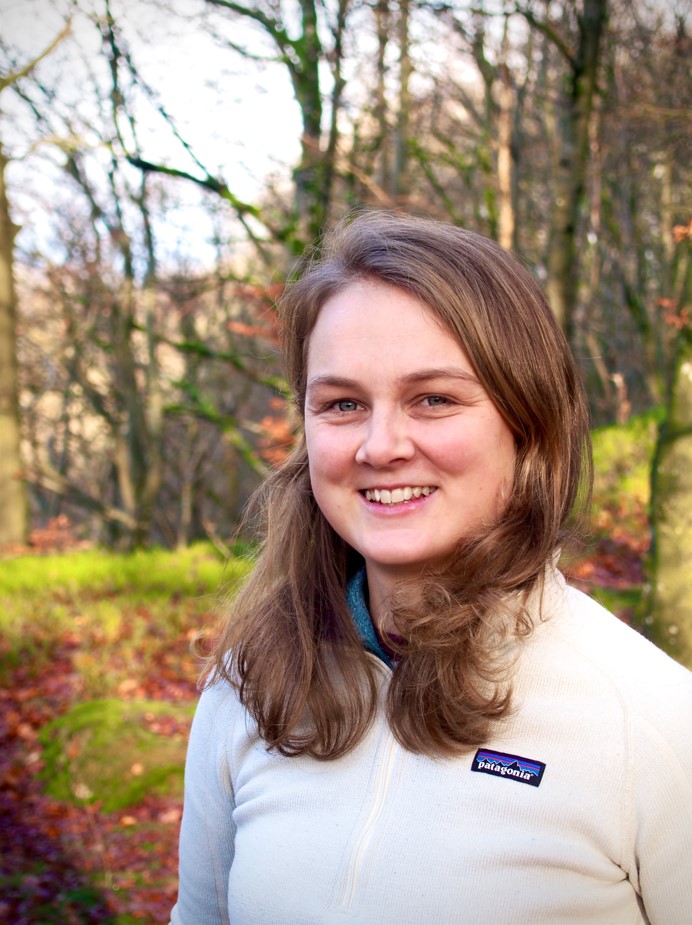Special Focus: EU Green Deal - How to respond to future warming temperatures
Newsletter

About to get started on her MSCA project focused on adaptive potential for early life physiology to respond to future warming temperatures, Amanda Pettersen shared with us her views about the EU Green Deal.
Amanda Pettersen,
in her own words
I am an evolutionary ecologist interested in understanding why and how variation in biodiversity persists, and how organisms respond to environmental change.
My work spans different study systems (fish, reptiles, and marine invertebrates) to address research gaps at the intersection of ecology, physiology, and evolution.
I received my PhD from Monash University (Australia) in 2018 in the Marine Evolutionary Ecology Group. I measured physiological traits during early life in marine invertebrates and fish to test ecology theory. During my PhD, I spent six months in the US on an Endeavour Fellowship to work on energy expenditure during brooding in freshwater fish.
After my PhD, I started a Wenner-Gren Fellowship at Lund University in Sweden to work on maternal effects in the common European wall lizard. I sampled lizards from different altitude populations and brought them back to the lab to compare physiological responses to incubation temperatures in developing embryos.
Eager to get started on her MSCA Fellowship, Amanda recently moved to the University of Sydney (Australia) to begin her preparation. “Starting in September, my project will investigate the adaptive potential for early life physiology to respond to future warming temperatures,” she explains. As a methodology, she plans to use a breeding design to separate genetic versus environmental sources of variation in physiology.
“I will then be trained by my host supervisor, Frank Seebacher, to measure differences in mitochondrial efficiency between populations, and whether this may provide an underlying mechanism of adaptation to changing climates,” she adds.
She will afterwards spend the incoming phase of her MSCA project at the University of Glasgow (Scotland), under supervision of Neil Metcalfe, to analyse and write up the project’s results.
“I think that successful implementation of the EU Green Deal could serve as a crucial turning point in history”
As an evolutionary ecologist, Amanda has been following the launch of the EU Green Deal. “I think that successful implementation of the EU Green Deal could serve as a crucial turning point in history, to start mitigating and potentially reversing the unprecedented impacts of climate change we are experiencing now and into the near future,” she says.
According to Amanda, the EU is likely to become a world leader in reversing the impacts of human-induced climate change. “However, we need high compliance, and data collection to monitor the Green Deal’s effectiveness,” she adds.
Amanda highlights the important role of researchers in contributing to the objectives of the Green Deal. “Humans are inextricably connected to their natural environment – our society depends on maintaining biodiversity for food, medicine, and technology. Therefore, innovative research that gives us a greater understanding of organisms, and their predicted response to future environmental change, is crucial for the persistence and improvement of our health and well-being,” she muses.

To Amanda, data is paramount. “It will also be important to have good data collection alongside the implementations, to monitor their effectiveness in preserving biodiversity and mitigating the loss of habitat and extinction of species. This will require strong, international collaboration and communication, with stronger ties between scientists, policy makers, and the public,” she concludes.
Aurélia Chaise
MCAA Editorial Team